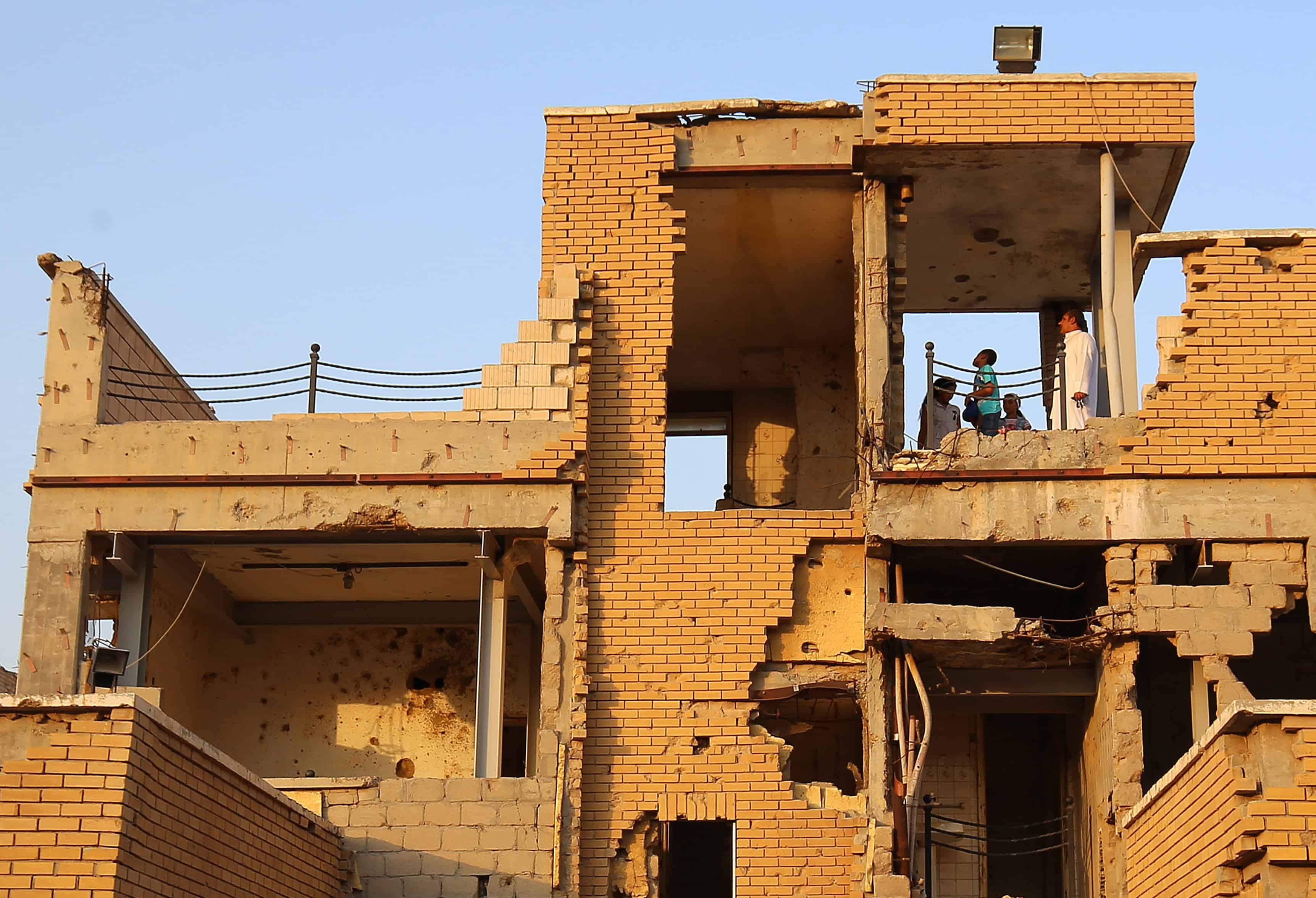The UN Security Council voted unanimously on Tuesday to wrap up the three-decade program which has allowed Kuwait to recover more than $50 billion from Iraq for damages caused by its 1990 invasion.
Members approved a resolution to “terminate the mandate” of the United Nations Compensation Commission, concluding that the operation has “fulfilled” its purpose of adequately remunerating Kuwait.
The measure, drafted by Britain, says it “confirms that the government of Iraq is no longer required to deposit a percentage of proceeds from export sales of petroleum, petroleum products and natural gas into the fund.”
The claims process “is now complete and final,” having recovered some $52.4 billion in total from Iraq for Kuwait, it adds.
“Today Iraq turns a page that has lasted 30 years,” Iraqi Foreign Minister Fouad Mohammad Hussein told the Security Council.
“It opens a new chapter” in which Iraq will seek to develop its relations and cooperation with the United Nations, the minister pledged, as he welcomed the commission’s success.
The unprecedented panel is considered a model for reconciliation that could help resolve future conflicts if necessary.
Created in May 1991 by Security Council Resolution 692, the commission managed Iraq’s financial compensation which featured a five percent tax levied on its oil sales.
The funds have been distributed to individuals, companies, governmental agencies and other organizations that suffered losses when Saddam Hussein’s Iraqi forces stormed across the border into its small, oil-rich neighbor in August, 1990 and established a provisional government.
The invasion prompted a series of biting UN sanctions and triggered the Gulf War which included a massive US-led ground and air offensive that ousted Iraq from Kuwait in early 1991.

